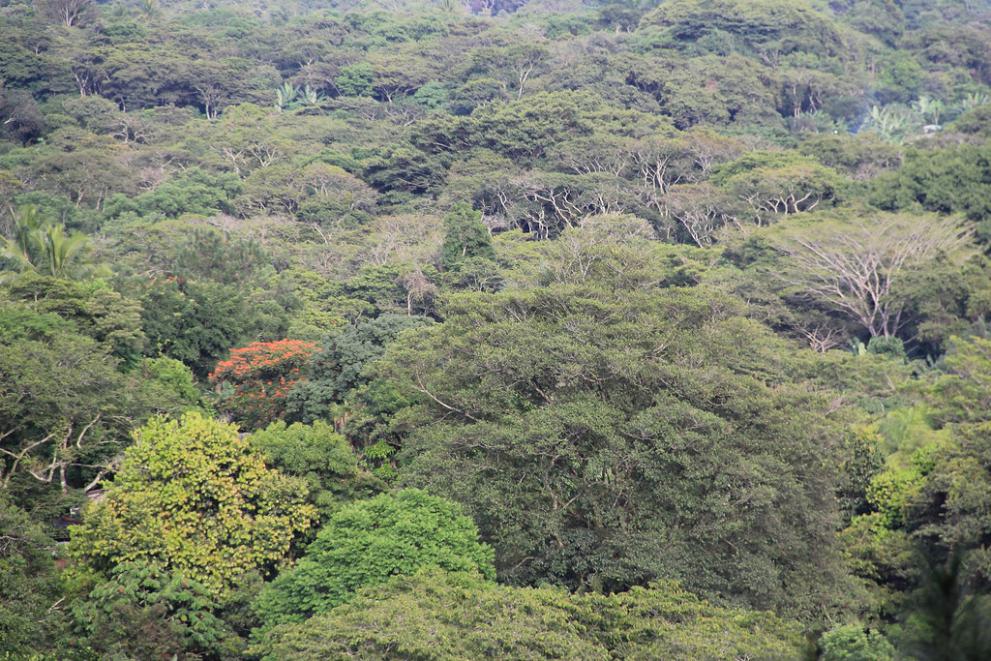
In this episode of 'The Road to Green', Euronews looks at how cocoa can be grown sustainably so that it does not lead to forests being cut.
Chocolate consumption has been a major factor in deforestation, but the new rules on Deforestation-free products (EUDR) are set to ensure that all cocoa entering the EU is deforestation-free. And not only this, but also palm oil, cattle, soy, coffee, timber and rubber, as well as products derived from them (such as beef, furniture, or chocolate).
In the latest episode of “The Road to Green”, Euronews travels all the way to Côte d'Ivoire, the world's leading cocoa producer, to find out how this major new legislation is reflected on the ground.
Forest cover in Côte d'Ivoire fell from eight to three million hectares between 1990 and 2015. The Mabi-Yaya classified forest in the country has been infiltrated by cocoa.
Euronews visits the forest and talks to local farming cooperatives to see how they are preparing for the application of the anti-deforestation rules that entered into force last June.
Is Côte d'Ivoire ready for this major paradigm shift? How is cooperation between this exporting country and the EU progressing?
Back in Europe, European companies will have to prove that the products they import and sell do not come from deforested land. Euronews meets a major chocolate producer based in the Netherlands, the main importer of cocoa into the EU, showing that an economic model that respects the environment and social standards is possible.
Finally, Euronews drinks a cup of hot chocolate with Commissioner Virginijus Sinkevičius in the capital of chocolate, Brussels, while discussing the need to protect forests and how we as consumers should act to respect the planet and social rights.
Background
Deforestation and forest degradation are key drivers of climate change and biodiversity loss, and the EU contributes to it by consuming a significant share of products associated with deforestation. Most deforestation is due to agricultural expansion caused by the production of commodities. The Food and Agriculture Organization of the United Nations (FAO) estimates that 420 million hectares of forest — an area larger than the European Union — were lost to deforestation between 1990 and 2020. This magnitude of destruction has significant social, economic and environmental impacts, locally and globally.
All producers and traders that want to want to sell in the EU or export from the EU the six key goods that are driving deforestation worldwide, must apply the new law on Deforestation-free products (EUDR) by the end of this year. Once applied, it will ensure that they no longer contribute to deforestation and forest degradation in the EU and elsewhere in the world. Since the EU is a major economy and consumer of these commodities, this step will help stop a significant share of global deforestation and forest degradation, in turn reducing greenhouse gas emissions and biodiversity loss.
Watch previous episodes from 'The Road to Green'.
Disclaimer
DG ENV co-finances the production of the Road to Green, while Euronews retain full editorial independence. Views and opinions expressed in the programme are solely those of the speakers and do not necessarily represent the views and opinions of the European Commission or any other entities.
Details
- Publication date
- 28 February 2024
- Author
- Directorate-General for Environment

